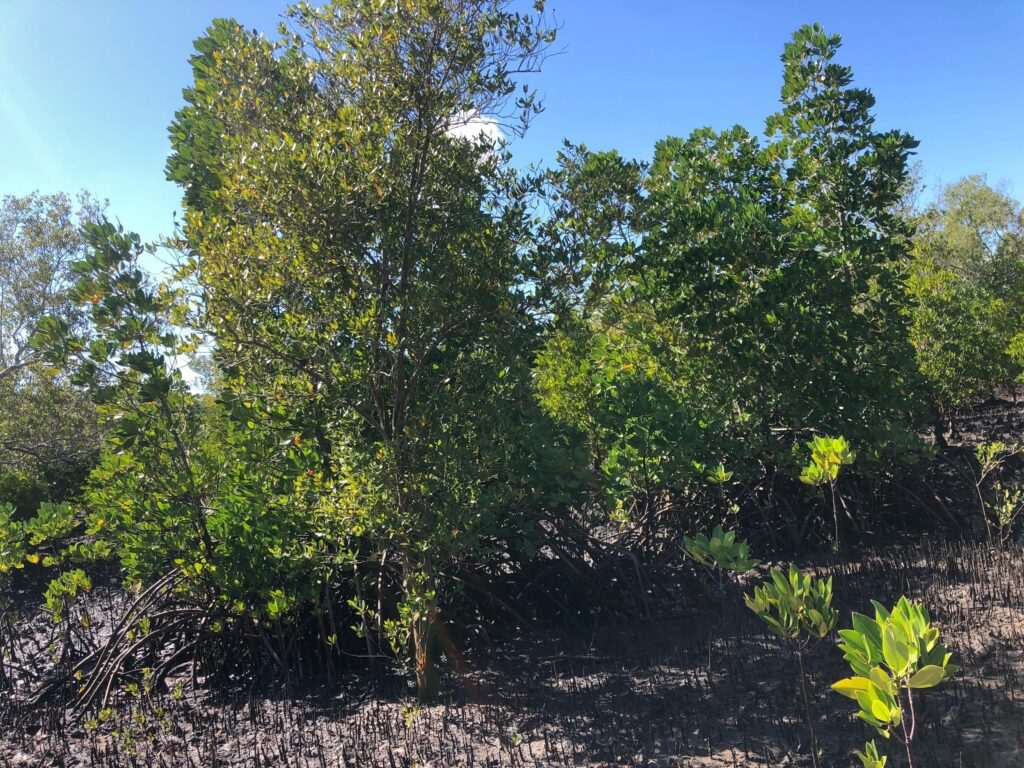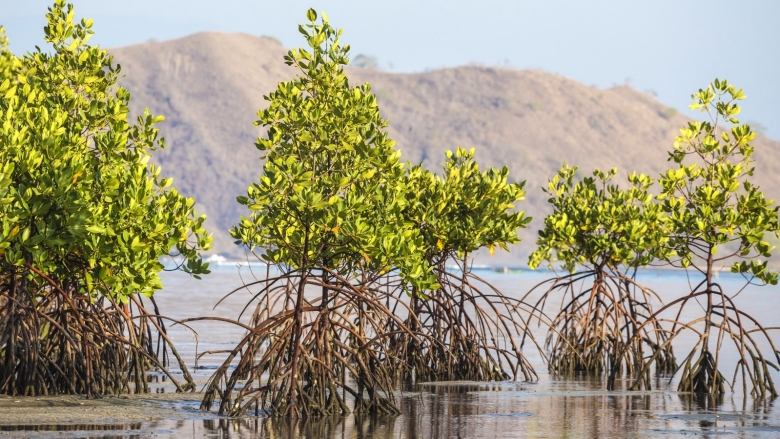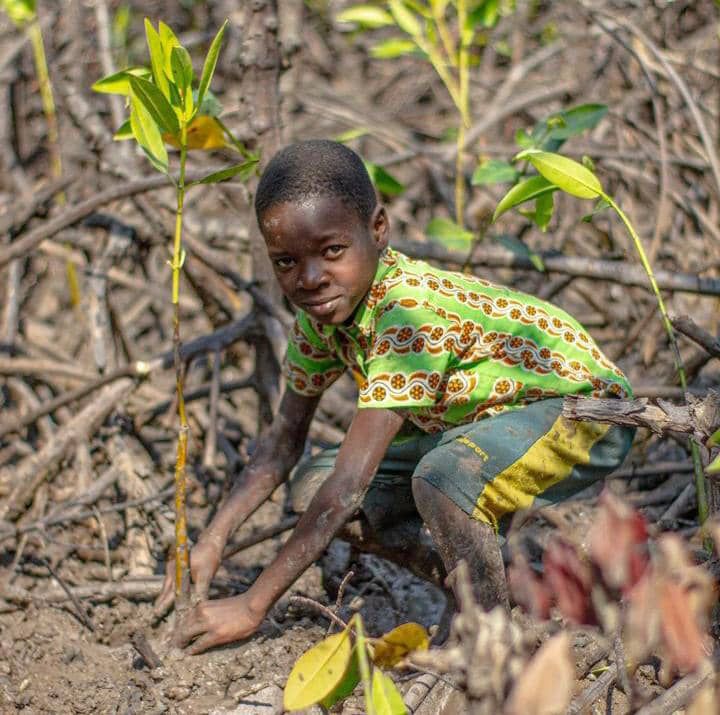Tanga/Pemba. More than 90 hectares of mangroves have been restored over the past three years in Tanga and Pemba, strengthening coastal resilience and improving the livelihoods of local communities.
The achievement is part of a broader, community-driven conservation initiative within the Tanga–Pemba seascape, which is already delivering tangible ecological and economic benefits.
Speaking during a recent training for journalists on marine resilience and the blue economy jointly organized by the Journalists Environmental Association of Tanzania (JET) and the International Union for Conservation of Nature (IUCN)—Joseph Olilla, Manager of IUCN’s Coastal and Ocean Resilience Programme, said the restoration forms part of the Bahari Mali project. The initiative aims to harness the potential of the blue economy while promoting inclusive and sustainable conservation of coastal and marine biodiversity.

“The restoration work is led by local communities because they best understand which areas are most degraded. They collaborate with government institutions, including the Tanzania Forest Services (TFS) and local forest departments,” said Olilla, noting that 90.4 hectares have so far been restored.
He added that IUCN provides financial support and technical training for one year, after which communities are encouraged to manage restoration efforts independently, with ongoing monitoring and mentorship.
“We understand that our presence is not permanent, so we prioritize empowering local extension officers to sustain and scale up these efforts,” Olilla said.
The initiative involves replanting mangroves in degraded areas and training communities in sustainable livelihood activities, such as beekeeping. These efforts not only support environmental restoration but also help improve household income.
According to Olilla, under the Blue Economy Incubator (BEI) programme, 408 individuals—including 251 women and 156 men—have strengthened their income-generating activities through seaweed and sea cucumber farming, fish cultivation, and beekeeping.
The project also introduced Integrated Multitrophic Aquaculture (IMTA), an approach that mimics natural ecosystems by farming multiple marine species in the same area. This method enhances productivity, reduces risks, and improves food security and household incomes.
“Before the project, most residents earned less than Sh5,000 per day,” Olilla noted. “Now, many of them are earning more, enabling them to invest in fishing boats and start new businesses.”

Suleiman Mohamed, Nature-based Solutions (NbS) Officer at IUCN, emphasized the ecological importance of mangroves. The project is being implemented in Mkinga and Pangani districts in Tanga Region, and Mkoani and Michenzani districts in Pemba.
“Mangroves act as natural filters, preventing polluted runoff from reaching the ocean, protecting shorelines from erosion, and providing vital breeding grounds for marine life,” he explained. “Their destruction disrupts entire marine ecosystems.”
By linking income-generating activities with environmental conservation, the project has deepened community commitment to sustainability.
“Beekeeping isn’t just about honey. Healthy mangrove forests support thriving bee populations, which in turn motivate communities to protect these ecosystems,” Mohamed added.


